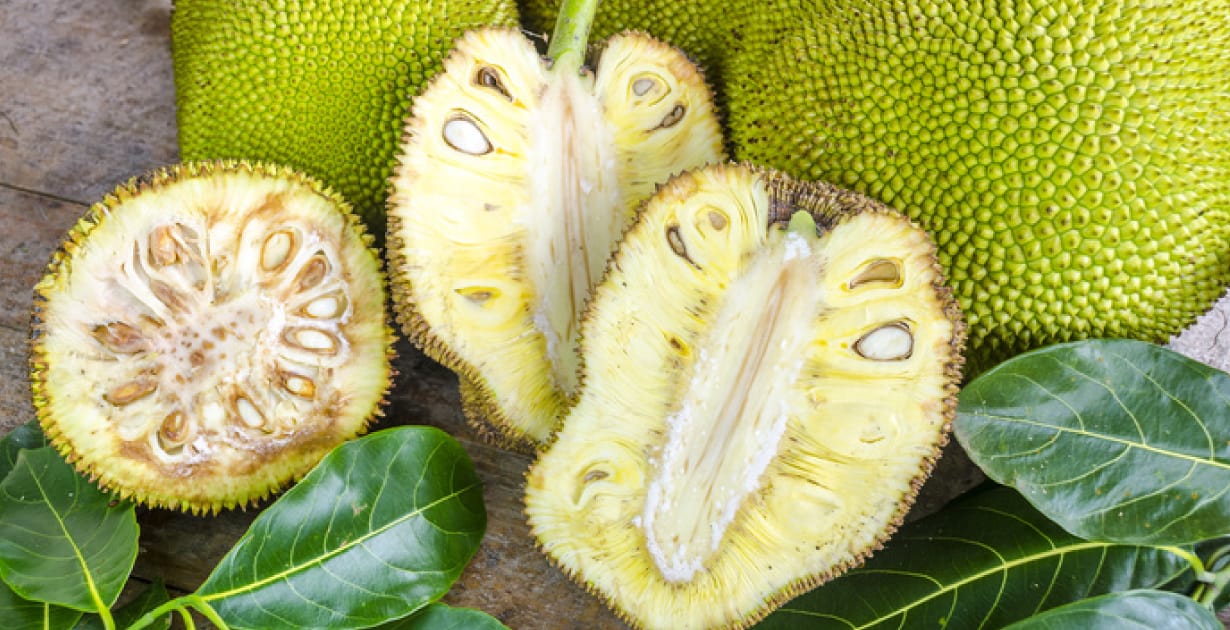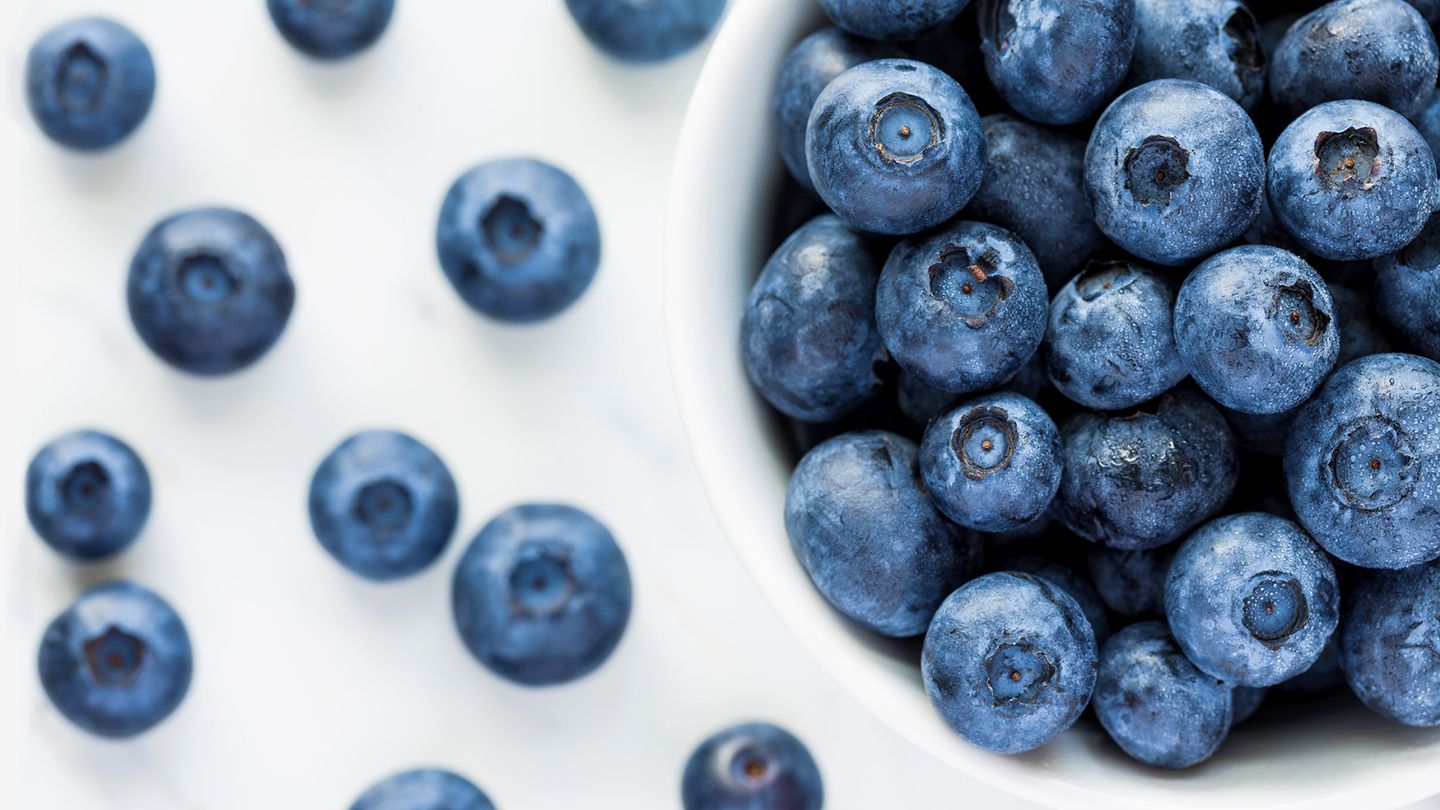Ad Blocker Detected
Our website is made possible by displaying online advertisements to our visitors. Please consider supporting us by disabling your ad blocker.
Avocado, often referred to as “butter fruit” due to its rich, creamy texture, is a beloved fruit celebrated for both its exquisite taste and exceptional health benefits. Native to Central and South America, avocados have gained worldwide popularity as a versatile ingredient in a variety of dishes, from salads to smoothies. Beyond their culinary appeal, avocados are a nutritional powerhouse, offering an array of advantages that contribute to overall well-being. In this article, we will delve into the world of avocados, exploring their nutritional richness, potential health perks, and culinary versatility.
A Fruit with a History
Avocado, scientifically known as Persea americana, has a history that spans thousands of years. Indigenous to Mexico and parts of Central America, avocados were consumed by the ancient Aztecs and Mayans. These fruits were highly regarded for their flavor and perceived aphrodisiac qualities.
Nutritional Profile of Avocado
A Treasure Trove of Nutrients
Avocados are celebrated not only for their creamy texture but also for their impressive nutritional content. Here’s a glimpse of the nutrients found in avocados:
1. Healthy Fats
- Monounsaturated Fats: Avocados are rich in monounsaturated fats, primarily oleic acid, which is associated with heart health and reduced inflammation.
- Polyunsaturated Fats: They also contain small amounts of polyunsaturated fats, including omega-3 fatty acids.
2. Vitamins
- Vitamin K: Essential for blood clotting and bone health.
- Vitamin E: An antioxidant that supports skin health and protects cells from oxidative damage.
- Vitamin C: An antioxidant that promotes immune health and skin regeneration.
3. Minerals
- Potassium: Critical for maintaining healthy blood pressure, nerve function, and muscle contractions.
- Copper: Contributes to red blood cell formation and overall health.
4. Dietary Fiber
- Soluble Fiber: Supports digestive health, stabilizes blood sugar levels, and helps lower cholesterol.
- Insoluble Fiber: Promotes regular bowel movements and prevents constipation.
5. Antioxidants
- Lutein and Zeaxanthin: Carotenoid antioxidants that promote eye health and may reduce the risk of age-related macular degeneration.
- Glutathione: An antioxidant that plays a role in the body’s defense against oxidative stress.
6. Phytonutrients
- Phytosterols: Compounds that may help lower cholesterol levels and reduce the risk of heart disease.
- Polyphenols: Plant compounds with antioxidant and anti-inflammatory properties.
7. Natural Sugars
- Glucose: The natural sugars in avocados provide a quick source of energy.
- Fructose: Another natural sugar found in avocados, contributing to their mild sweetness.
Health Benefits of Avocado
1. Heart Health
- Healthy Fats: The monounsaturated fats in avocados can help reduce LDL (bad) cholesterol levels, lower the risk of heart disease, and improve overall heart health.
- Potassium Content: Avocados are an excellent source of potassium, which supports healthy blood pressure levels.
2. Weight Management
- Fiber-Induced Satiety: The fiber in avocados promotes a feeling of fullness, potentially reducing overall calorie intake and aiding in weight management.
- Healthy Fats: The fats in avocados may enhance satiety and reduce the consumption of unhealthy, calorie-dense foods.
3. Digestive Health
- Dietary Fiber: Avocados are rich in dietary fiber, which supports digestive regularity and a healthy gut microbiome.
- Absorption of Nutrients: The healthy fats in avocados may aid in the absorption of fat-soluble vitamins and other nutrients.
4. Eye Health
- Lutein and Zeaxanthin: These carotenoids in avocados promote eye health and may reduce the risk of age-related macular degeneration.
- Antioxidants: Avocados’ antioxidant content helps protect the eyes from oxidative damage.
5. Skin Health
- Vitamin E: Avocados provide vitamin E, which is essential for healthy skin, promotes wound healing, and protects against UV damage.
- Glutathione: This antioxidant in avocados may help reduce skin damage caused by oxidative stress.
6. Anti-Inflammatory Properties
- Monounsaturated Fats: Oleic acid, the primary monounsaturated fat in avocados, has anti-inflammatory effects that may reduce the risk of chronic diseases.
- Polyphenols: Avocados contain polyphenols with anti-inflammatory properties.
Culinary Uses of Avocado
Avocado’s creamy texture and mild flavor make it a versatile ingredient in both savory and sweet dishes. Here are some delightful ways to incorporate avocados into your diet:
1. Classic Guacamole
- Guacamole: Mash ripe avocados and mix them with diced onions, tomatoes, cilantro, lime juice, and a pinch of salt for a classic guacamole dip.
- Avocado Toast: Spread mashed avocado on whole-grain toast and top it with a sprinkle of salt, pepper, and red pepper flakes for a quick and nutritious breakfast.
2. Salads and Wraps
- Avocado Salad: Add sliced or diced avocados to salads for a creamy and nutritious addition.
- Avocado Wrap: Create a delicious wrap with avocado slices, lean protein (such as chicken or turkey), and fresh vegetables.
3. Smoothies and Bowls
- Avocado Smoothie: Blend avocados with your choice of fruits, yogurt, and a touch of honey for a creamy and nutrient-packed smoothie.
- Avo-Bowl: Top a bowl of Greek yogurt or acai with sliced avocados, granola, and a drizzle of honey for a satisfying breakfast or snack.
4. Dressings and Sauces
- Creamy Dressing: Make a creamy avocado dressing by blending avocados with yogurt, lime juice, garlic, and herbs for salads or as a dip.
- Avocado Salsa: Create a refreshing avocado salsa with diced avocados, tomatoes, onions, cilantro, lime juice, and jalapeño for a flavorful topping.
5. Desserts and Treats
- Avocado Chocolate Mousse: Blend avocados with cocoa powder, honey, and a splash of vanilla extract for a rich and healthy chocolate mousse.
- Avocado Ice Cream: Incorporate ripe avocados into homemade ice cream for a creamy and nutritious frozen treat.
Avocado Varieties for Different Uses
Avocado varieties vary in flavor, texture, and appearance. Here are some common avocado varieties and their best uses:
- Hass Avocado: The most popular variety, Hass avocados have a creamy texture and are perfect for guacamole, salads, and sandwiches.
- Fuerte Avocado: These avocados have a smooth, buttery texture and are great for slicing on toast or adding to salads.
- Reed Avocado: Known for its large size and creamy flesh, Reed avocados are ideal for making smoothies and creamy sauces.
- Bacon Avocado: With a smooth texture and mild flavor, Bacon avocados are versatile and suitable for various culinary applications.
Conclusion
Avocado, the green gold of the fruit kingdom, is not just a culinary delight but also a nutritional gem. Whether enjoyed fresh, blended into smoothies, or used in savory and sweet dishes, avocados offer a harmonious blend of taste and nutrition. From supporting heart health to promoting skin radiance and aiding digestion, avocados are truly a versatile and valuable addition to your diet. So, savor the creamy goodness of avocados and embrace the multitude of benefits they bring to your overall well-being.



